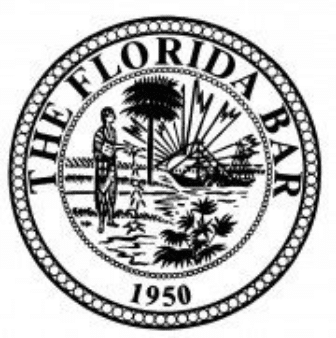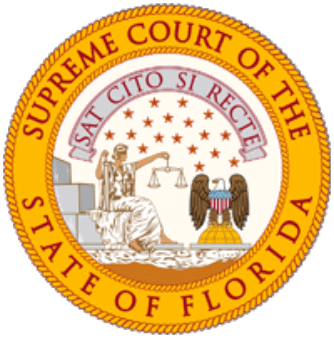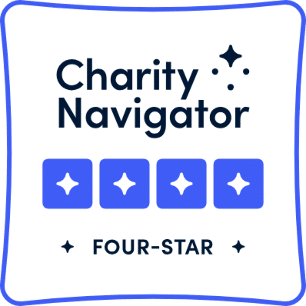A study funded by The Florida Bar Foundation found that Florida lawyers don’t lack the desire to provide pro bono legal services, they just lack the time.
Of the lawyers surveyed for the report, “Pro Bono: Looking Back, Moving Forward,” released in September 2008, more than 60 percent listed “‘lack of time” as a reason they didn’t participate in pro bono work, and nearly half listed “family obligations” as another. With more households having two working parents, there is not as much time left for pro bono work, said attorney Kelly Carmody of Arizona-based Carmody and Associates, who conducted the pro bono study.
“So, with the reduced amount of time, there needs to be volunteer opportunities that don’t take as much time,” Carmody said. “It’s not like it was when an attorney may have stayed late to work on a pro bono case.”
This, along with other factors, has led to a 30 percent decrease in pro bono services performed through pro bono programs statewide, the study shows.
The Foundation has launched a new Pilot Pro Bono Grant Program, which is funding projects designed to address many of the issues that were identified in the study. Eight legal aid programs throughout the state received $478,440 in grants from the Foundation to implement new or enhanced models for their pro bono programs. Additional programs will be funded in December.
“The goal is to test the proposals that we selected to see how they can improve or expand pro bono legal services, and to see if they could be useful in other legal aid programs,” said Paul Doyle, director of the Foundation’s Legal Assistance for the Poor and Law Student Assistance grant programs.
In past years, lawyers wanting to provide pro bono work were often offered limited options, like extended representation cases that could take many hours over several weeks or months to resolve.
That’s not to say there isn’t a need for pro bono attorneys to help in longer-running cases. But a number of pro bono programs are also developing “defined, limited assistance” pro bono opportunities, like staffing legal advice clinics or hotlines where lawyers can volunteer for a set amount of time, said Carmody, who also helped design the Pilot Pro Bono Grant Program.
“In Hillsborough County, Bay Area Legal Services has a pro bono program at the courthouse where lawyers can come in during their lunch hour to provide legal advice to the clients that are there,” Carmody said.
And in Brevard County, pro bono lawyers can commit a half day to see clients at Brevard County Legal Aid.
“Those are just a couple of examples and there are increasing numbers of more limited assistance types of pro bono opportunities.”
Many attorneys, mainly transactional attorneys, feel they don’t have the expertise for assisting low-income clients, which is another major factor contributing to the decline in pro bono services, the report notes.
In response, many of the local Pilot Pro Bono grants will emphasize training and mentoring opportunities for attorneys wanting to help.
And on a statewide level, Carmody said there may be coordinated training through Webinars.
To draw in more pro bono attorneys, Carmody said she recommends that the training count as CLE credit and be free to those who volunteer.
The Foundation is working to reinvigorate pro bono not only through its funding of organized pro bono programs around the state, but also through collaboration with The Florida Bar, The Florida Supreme Court, Florida Legal Services and the Florida Supreme Court/The Florida Bar Standing Committee on Pro Bono Legal Services.
The Standing Committee recently announced its “One” campaign designed to promote the idea of one attorney taking one case to help one client, yet another approach to the problem of limited time.
First District Court of Appeals Judge William A. Van Nortwick, who chairs the Standing Committee, said the Foundation, through its leadership and grantmaking, is breathing new life into pro bono.
“Without the Foundation’s commitment to pro bono legal services none of this would have been possible,” Van Nortwick said.
Foundation President-elect John Noland, who chairs the Legal Assistance for the Poor grant committee, expects the new grant program to have far-reaching effects down the line.
“We must renew an interest among attorneys in providing pro bono legal services,” Noland said. “If the Foundation’s success at finding the solutions to issues confronting the legal aid community is any indication, I’m confident that the Pilot Pro Bono program will result in the development of effective methods that can be replicated throughout Florida and beyond.”




